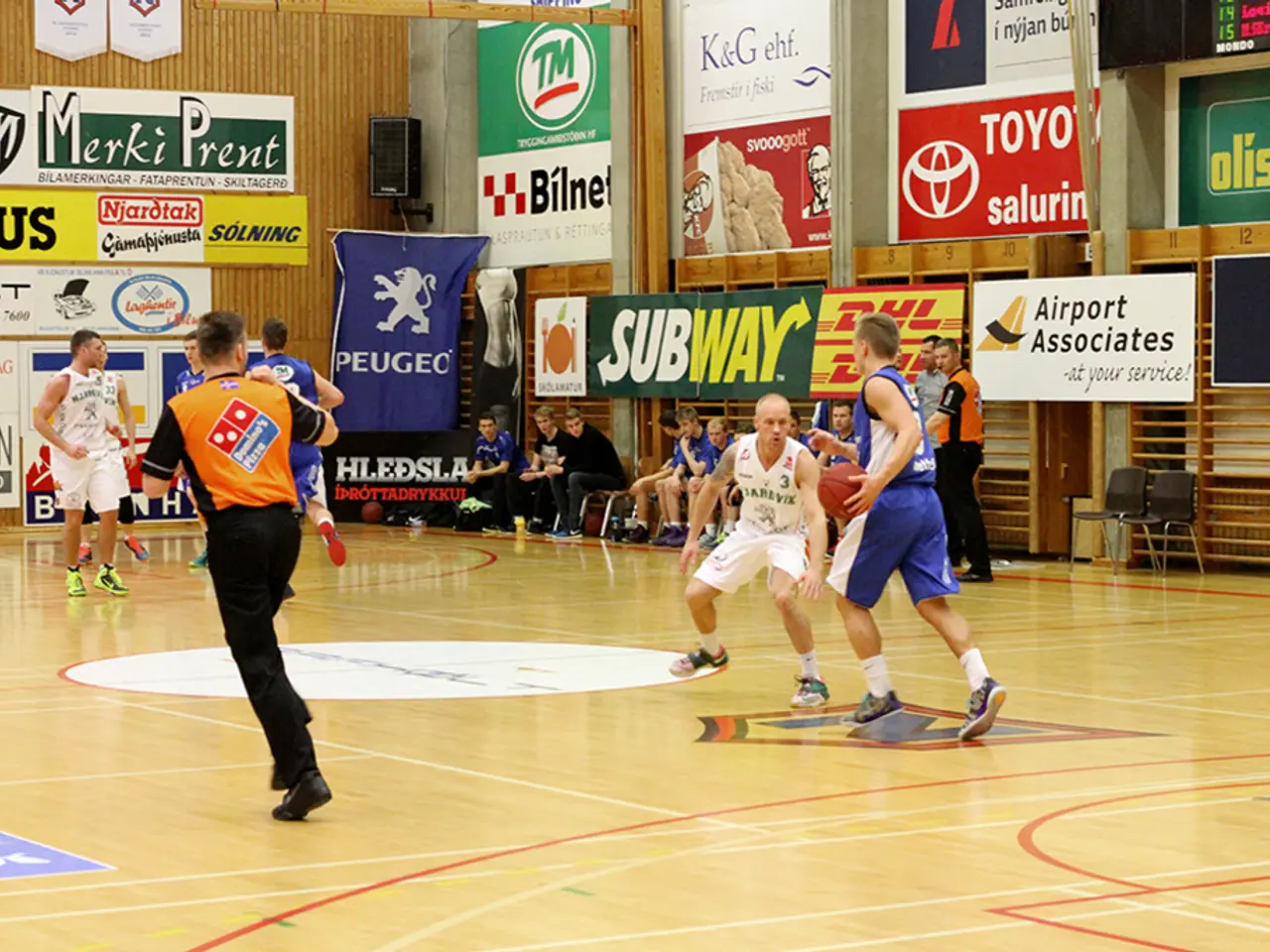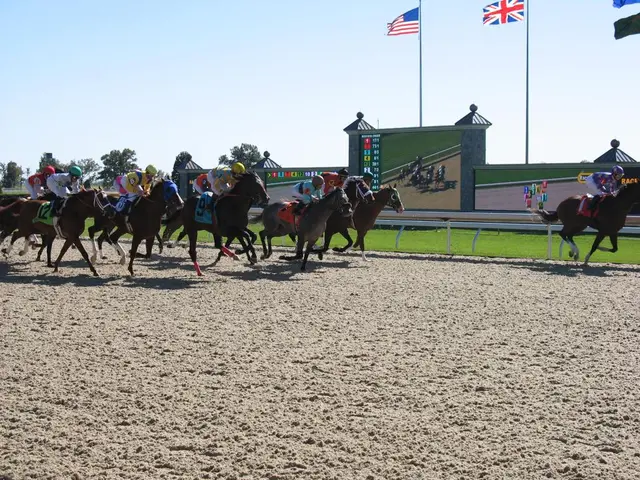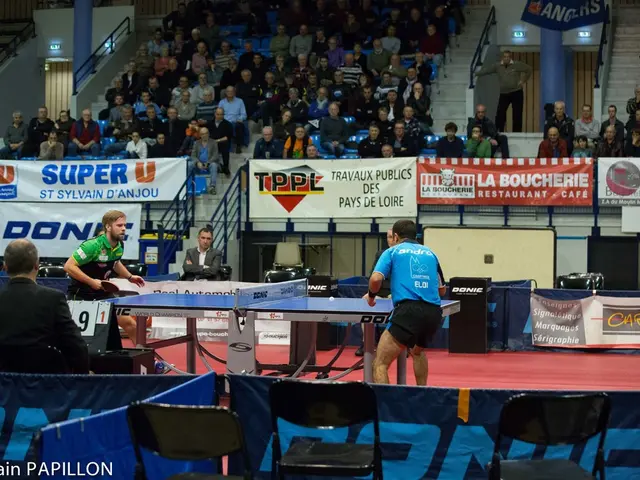Strict Implementation of NCAA Gambling Regulations Presents Challenges but Offers Important Benefits
The National Collegiate Athletic Association (NCAA) is grappling with a significant decision that could reshape the landscape of collegiate sports. With sports betting becoming increasingly prevalent across the United States, the NCAA is considering whether to relax its ban on professional sports wagering or invest in stronger enforcement measures.
The NCAA's primary focus has always been to ensure a level playing field and protect athletes from the growing pressures of a commercialized sports world. To this end, the organisation is contemplating implementing tiered penalties for sports betting violations, based on factors such as bet size, intent, and proximity to college sports.
Data partnerships with sportsbooks and integrity monitors will be established to flag suspicious activity, aiming for targeted enforcement backed by data, education, and support. Safe harbor rules will encourage early self-reporting and treatment for problem gambling, promoting a proactive approach to addressing potential issues.
Technology has made legal sports betting nearly frictionless, making enforcement tricky. To counteract this, the NCAA is considering investing in smarter enforcement tools to protect its foundational values. Universities are currently overwhelmed with compliance staffs stretched thin, so investing in more efficient and effective enforcement systems could prove crucial.
Not all violations carry the same weight, and the goal of enforcement should be to deter serious ones through smart, risk-based policing. The NCAA should build and fund enforcement systems that live up to its ideals, not dilute them for the sake of expediency.
Anonymous reporting channels for athletes will be created to safely disclose peer violations or external pressure. Stronger educational programs will be developed, starting in high school, to address sports betting issues and encourage responsible behaviour.
Despite warnings and rules, NCAA student-athletes have participated in sports betting. More than half of college-aged adults have placed a bet, highlighting the need for comprehensive educational initiatives.
The NCAA should not surrender to the normalization of sports betting in a collegiate setting but should strategize for smarter enforcement. The organisation should maintain its stance on preserving amateurism and integrity in collegiate sports, while adapting to the changing landscape.
Sports betting is legal in nearly 80% of the United States, and the NCAA finds itself at a crossroads. The decision it makes will have far-reaching implications for the future of collegiate sports.
Read also:
- United States tariffs pose a threat to India, necessitating the recruitment of adept negotiators or strategists, similar to those who had influenced Trump's decisions.
- Weekly happenings in the German Federal Parliament (Bundestag)
- Southwest region's most popular posts, accompanied by an inquiry:
- Discussion between Putin and Trump in Alaska could potentially overshadow Ukraine's concerns






